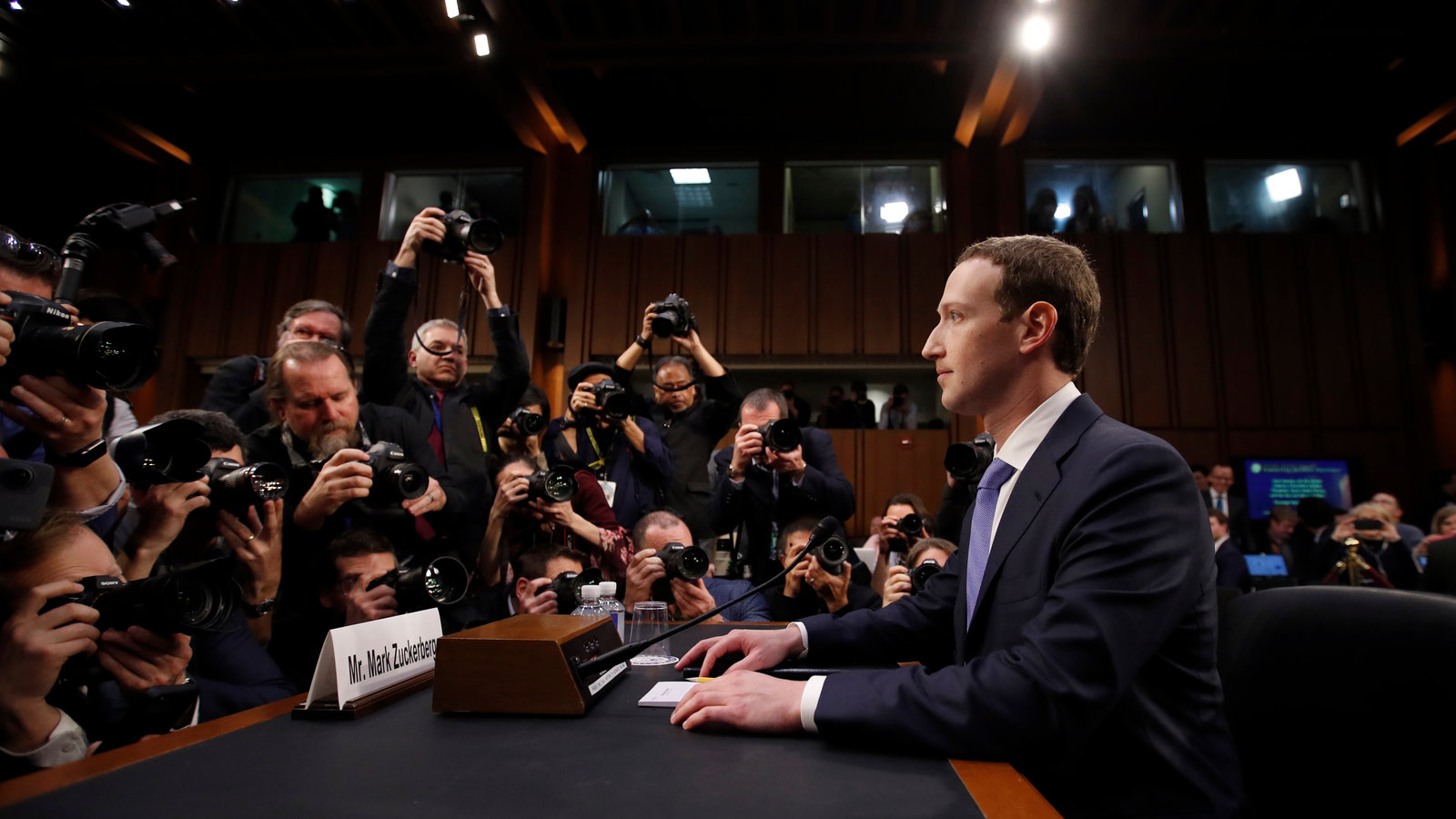By: Nicholas Fandos & Kevin Roose – nytimes.com – July 31, 2018
Facebook said on Tuesday that it had identified a political influence campaign that was potentially built to disrupt the midterm elections, with the company detecting and removing 32 pages and fake accounts that had engaged in activity around divisive social issues.
The company did not definitively link the campaign to Russia. But Facebook officials said some of the tools and techniques used by the accounts were similar to those used by the Internet Research Agency, the Kremlin-linked group that was at the center of an indictment this year alleging interference in the 2016 presidential election.
Facebook said it had discovered coordinated activity around issues like a sequel to last year’s deadly “Unite the Right” white supremacist rally in Charlottesville, Va. Activity was also detected around #AbolishICE, a left-wing campaign on social media that seeks to end the Immigration and Customs Enforcement agency.
“At this point in our investigation, we do not have enough technical evidence to state definitively who is behind it,” said Nathaniel Gleicher, Facebook’s head of cybersecurity policy. “But we can say that these accounts engaged in some similar activity and have connected with known I.R.A accounts.”
The jolting disclosure, delivered to lawmakers in private briefings on Capitol Hill this week and in a public Facebook post on Tuesday, underscored how behind-the-scenes interference in the November elections had begun.
In recent weeks, there have been reports of other meddling, including a Daily Beast report that the office of Claire McCaskill of Missouri, one of the Senate’s most vulnerable Democrats up for re-election this fall, was unsuccessfully targeted by Russian hackers last year, which Ms. McCaskill confirmed. American intelligence officials have indicated that at least one other unnamed Democratic senator up for re-election has been targeted.
Officials at Facebook, which is based in Silicon Valley, said they were working with the Federal Bureau of Investigation and other intelligence agencies on their discovery of the influence campaign. Sheryl Sandberg, Facebook’s chief operating officer, and other executives also mounted a media blitz to explain what the company did and did not know about the efforts.
Those actions were a change from last year, when Facebook was widely criticized for failing to detect Russian interference in the 2016 election. It took Facebook executives months to acknowledge the extent of the Russian operation and release information connected with their investigation.
Since then, Facebook and its chief executive, Mark Zuckerberg, have been under scrutiny from lawmakers and regulators for other scandals, including data misuse, a misinformation epidemic and accusations of political bias. Last week, the company lost over $120 billion in market value as it projected it would spend more money on moderation and security.
Hogan Gidley, a White House spokesman, did not directly address Facebook’s findings with reporters aboard Air Force One on Tuesday, but he said President Trump had “made it clear that his administration will not tolerate foreign interference into our electoral process from any nation-state or other malicious actors.”
Earlier on Tuesday, Mr. Trump declared again on Twitter that there had been “No Collusion” between his campaign and the Russians, and asserted that, in any case, “collusion is not a crime.”
Lawmakers from both parties quickly set aside questions of who had perpetrated the influence campaign and said Facebook’s disclosure only clarified what they had feared since the extent of Russian involvement in 2016 became clear more than a year ago: that social media companies would be unable to keep up with the pace and scope of malicious efforts to abuse their platforms.
Senator Richard M. Burr of North Carolina, the Republican chairman of the Intelligence Committee, said he would make the disclosure a central part of a previously scheduled hearing on Wednesday, when lawmakers plan to press outside experts on the pervasiveness of foreign influence on social media networks like Facebook.
Senator Mark Warner of Virginia, the top Democrat on the committee, praised Facebook on Tuesday for bringing the activity out into the public, but asked for its cooperation in updating laws to prevent influence campaigns.
“Today’s disclosure is further evidence that the Kremlin continues to exploit platforms like Facebook to sow division and spread disinformation,” he said.
Facebook executives characterized the battle with foreign campaigns as a cat-and-mouse game, but said they were making progress to detect suspicious activity more quickly.
“Security is an arms race, and it’s never done,” Ms. Sandberg said in a conference call on Tuesday.
Facebook said the recently purged accounts — eight Facebook pages, 17 Facebook profiles and seven Instagram accounts — were created between March 2017 and May 2018 and were first discovered two weeks ago. More than 290,000 accounts followed at least one of the suspect pages, which had names like Aztlan Warriors, Black Elevation, Mindful Being and Resisters, the company said.
To see the remainder of this article, click read more.
Source: Facebook Identifies an Active Political Influence Campaign Using Fake Accounts
 Listen Online
Listen Online Watch Online
Watch Online Find a Station in Your Area
Find a Station in Your Area










 Listen Now
Listen Now Watch Online
Watch Online
